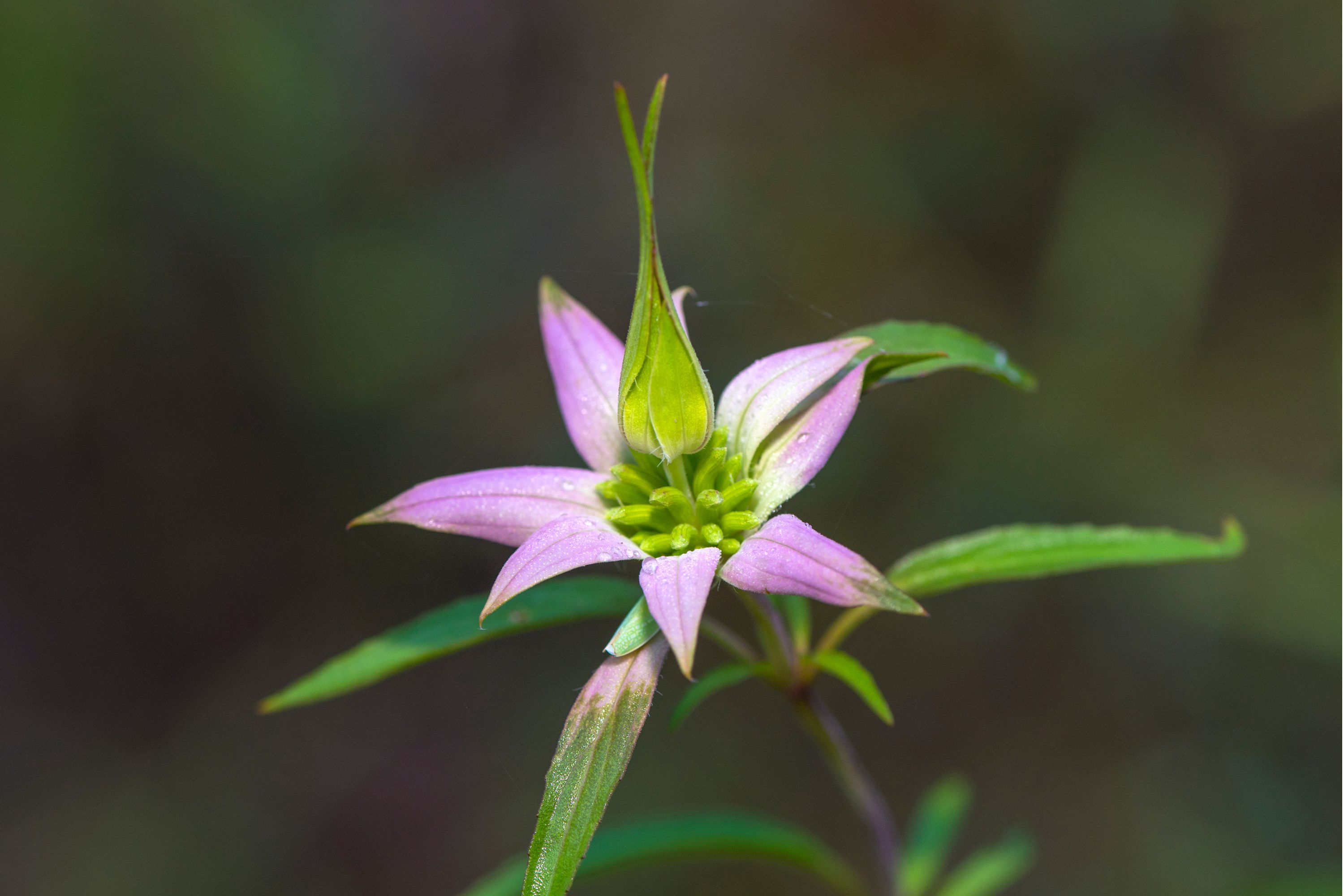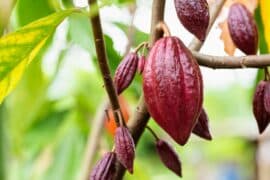Spotted beebalm
(Monarda punctata)

Description
Monarda punctata is a herbaceous plant in the mint family, Lamiaceae, that is native to eastern Canada, the eastern United States and northeastern Mexico. Common names include spotted beebalm and horsemint. It is a thyme-scented plant with heads of purple-spotted tubular yellow flowers above rosettes of large white- or pink-tipped bracts. The plant contains thymol, an antiseptic and fungicide. It was historically used to treat upset stomachs, colds, diarrhea, neuralgia and kidney disease. Unlike the most familiar Monarda species that have a single flower head on a stem, Monarda punctata has flowers that are stacked up the stem with bracts radiating from the stem, under each flower. Varying in color from light pink to white, the bracts are ornamental longer than the flowers, whereas the flowers (yellow with brown spots) are visible only at close range. Monarda punctata attracts pollinators in great numbers, especially wasps. Among the wasps that it brings to the garden are beneficial predatory wasps that control grubs, pest caterpillars, and other harmful insects. Monarda species include annual and perennial herbaceous plants. They grow erect to heights of 20–90 cm (8–35 in). The slender, serrated, lanceolate leaves are oppositely arranged on the square stem, hairless or sparsely hairy, and about 7 to 14 centimeters long. The flowers are tubular and bilaterally symmetric, with a narrow upper lip and a wider lower lip. The wild flowers are single, but some cultivated forms have double flowers. They are hermaphroditic, with male and female structures in each flower. There are two stamens. Inflorescences occur at the top of the stem or emerge from the axils. They are typically crowded head-like clusters of flowers with leafy bracts. Flower color varies, with wild species bearing red, pink, and light purple flowers. M. didyma has bright carmine red flowers, M. fistulosa has pink, and M. citriodora and M. pectinata have pale purple. Hybrids occur in the wild, and they are common in cultivation. Seed collected from hybrids does not yield plants identical to the parent.
Taxonomic tree:







